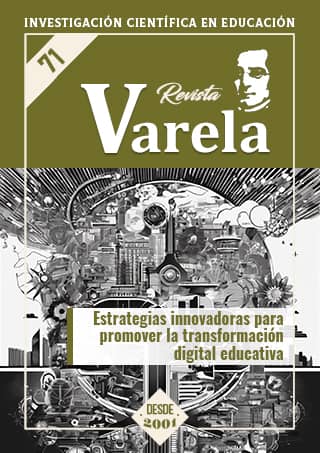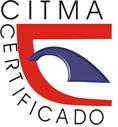A look at the use of software simulators in the solution of tasks in Physics
DOI:
https://doi.org/10.5281/zenodo.15636073Keywords:
Teaching physics, Theoretical foundations, Virtual laboratories, Interactive learning, Higher EducationAbstract
The article analyzes the theoretical foundations that support the use of software simulators in the solution of tasks in Physics, taking as a basis previous theory on the solution of theoretical and experimental problems and the historical evolution of educational media in this field. The characteristics of digital simulators as innovative tools are highlighted: their ability to model complex phenomena, facilitate the understanding of abstract concepts and promote interactive learning, as well as their role in overcoming the limitations of traditional laboratories by allowing virtual laboratories under controllable conditions. The study shows how these resources not only complement, but also transform the existing theories on Physics teaching, integrating themselves as pillars in current pedagogical methodologies, since, by modifying traditional approaches, simulators enrich the theoretical-practical framework and enhance scientific competences in university and pre-university students. The article connects technological evolution with educational innovation, demonstrating that simulators strengthen conceptual understanding and practical application of knowledge in diverse contexts, consolidating themselves as strategic allies in scientific training.
Downloads
Downloads
Published
Issue
Section
License
Copyright (c) 2025 Varela Journal

This work is licensed under a Creative Commons Attribution-NonCommercial 4.0 International License.
















